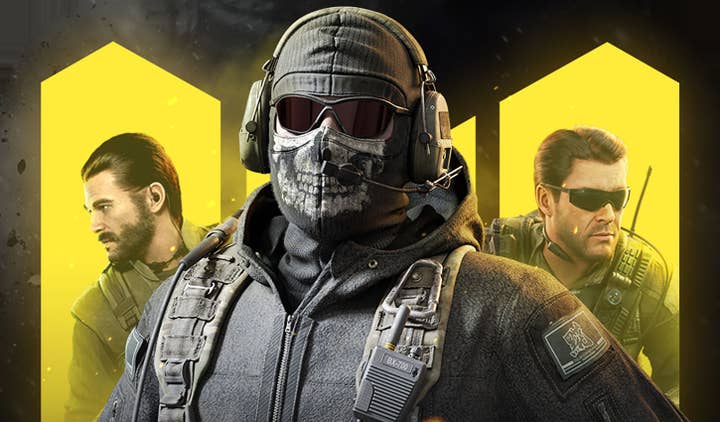ADL: Harassment in online games continues to rise
Survey finds exposure to white supremacist ideologies increasing as Jewish, Latino, and Muslim gamers all report increasing identity-based harassment
Content warning: The following article contains specific descriptions of racism and white supremacy people have encountered in games.
For the fourth straight year, the percentage of US gamers experiencing harassment in online games has increased, according to the Anti-Defamation League's latest Hate and Harassment in Online Gaming report.
The report is based on an ADL survey conducted in collaboration with data analytics firm Newzoo that found that 86% of adults aged 18-45 playing online games had experienced harassment in the past six months. For teens and pre-teens, that figure was 66% and 70%, respectively.
Beyond the rise in harassment, ADL also highlighted spikes in white supremacist ideology and identity-based harassment in this year's survey results.
The number of adults reporting exposure to white supremacist ideologies in online games went from 8% in 2021 to 20% this year. Among younger gamers aged 10-17, 15% reported encountering white supremacy online.
Some games were worse on this front than others, with 44% of adults who played Call of Duty reporting white supremacist extremism in the game, 35% of Grand Theft Auto Online players, and 34% of Valorant players.
For kids aged 13-17, Dota 2 was tops with 29% encountering white supremacists in the game, while PUBG was the most likely to expose the 10-12-year-old cohort to white supremacy with 32% running into it there.
ADL noted that it has a different threshold for an interaction to be considered white supremacist rather than simply a "hateful experience."
Using examples from the survey respondents, a Grand Theft Auto Online player describing people using the N-word and chanting "Trump 2024" would not count as white supremacy, while a Call of Duty player being told by others that non-white races are intended to be slaves to white people would count.
Hateful experiences like the above were reflected in the survey's results tracking bigotry around marginalized identities. On that front, ADL found particularly large surges in such harassment reported by Jewish players (22% last year to 34% this year), Latino gamers (25% to 31%), and Muslim gamers (26% to 30%).
While the rest of the identity categories surveyed held steady or had minimal changes upward or downward, the players most likely to have experienced identity-based harassment continue to be women (47%), Black (44%), Asian (40%), and LGBTQ+ (37%).
"As online gaming becomes ever more common in America, it also becomes an increasingly common entry to extremist ideas and the gateway to violent antisemitism, racism, misogyny and more," ADL CEO Jonathan Greenblatt said.
"While there is no doubt there are positive benefits for millions of gamers, these benefits must be balanced with the unmitigated spread of hate and harassment running rife in these games."
For the fourth straight year, the percentage of adults reporting that harassment had caused them to quit playing certain games also grew, and it now stands at 33%.
As in past years, ADL called on the industry to address hate and harassment in its games with a variety of specific steps, including implementing policy and design practices to better address white supremacy and to release regular and consistent transparency reports on hate and harassment in their games.
ADL's survey polled more than 2,100 American gamers, and oversampled LGBTQ+, Jewish, Muslim, Black, Asian-American, and Hispanic/Latinx people to have a minimum of 125 respondents from each group.

